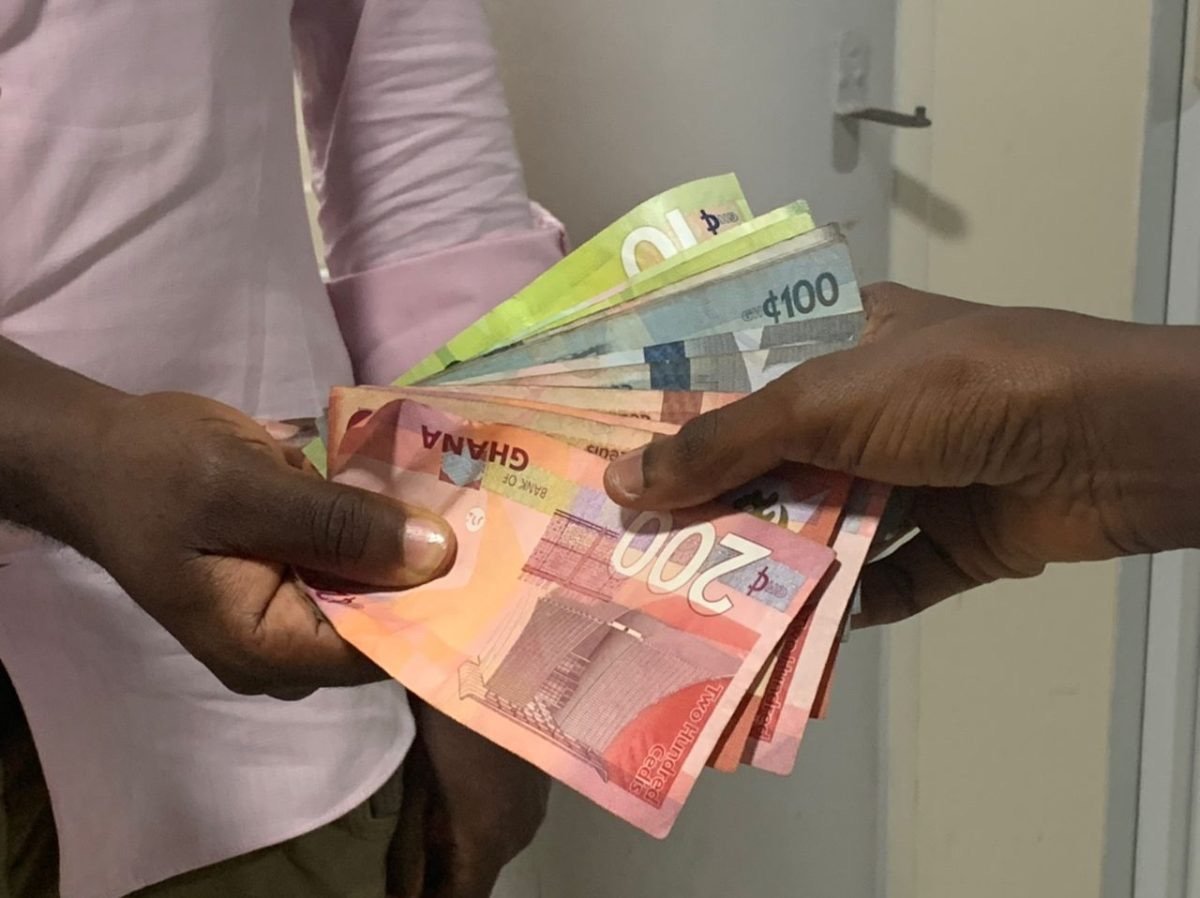A recent report by the Ghana Statistical Service (GSS) reveals that 18.4% of Ghanaians who interacted with public officials in 2024 admitted to paying bribes, primarily in cash, to access essential services.
Key Findings:
Gender Disparity: Men accounted for 68.3% of reported bribery cases, while women represented 31.7%.
Urban vs. Rural: Urban residents were more likely to pay bribes (64.3%) compared to rural dwellers (35.7%).
Persons with Disabilities: Among individuals with disabilities, 21.1% reported paying bribes, with the highest incidence among those with physical (40.1%) and visual impairments (32.5%).
Regional Variations: The Greater Accra Region reported the highest bribery rate at 22.0%, followed by the Ashanti Region at 18.1%. The Savannah (1.0%) and North East (1.1%) regions reported the lowest levels.
Expert Insight:
Omar Seidu, Head of Social Statistics at GSS, emphasized the urgency of addressing these findings:
“The data points to a worrying disconnect between citizens and the institutions meant to serve them. Reducing corruption is not just a legal obligation—it’s a social imperative.”
The GSS report underscores the need for institutional reforms and robust anti-corruption policies to restore public trust and ensure equitable access to services.

